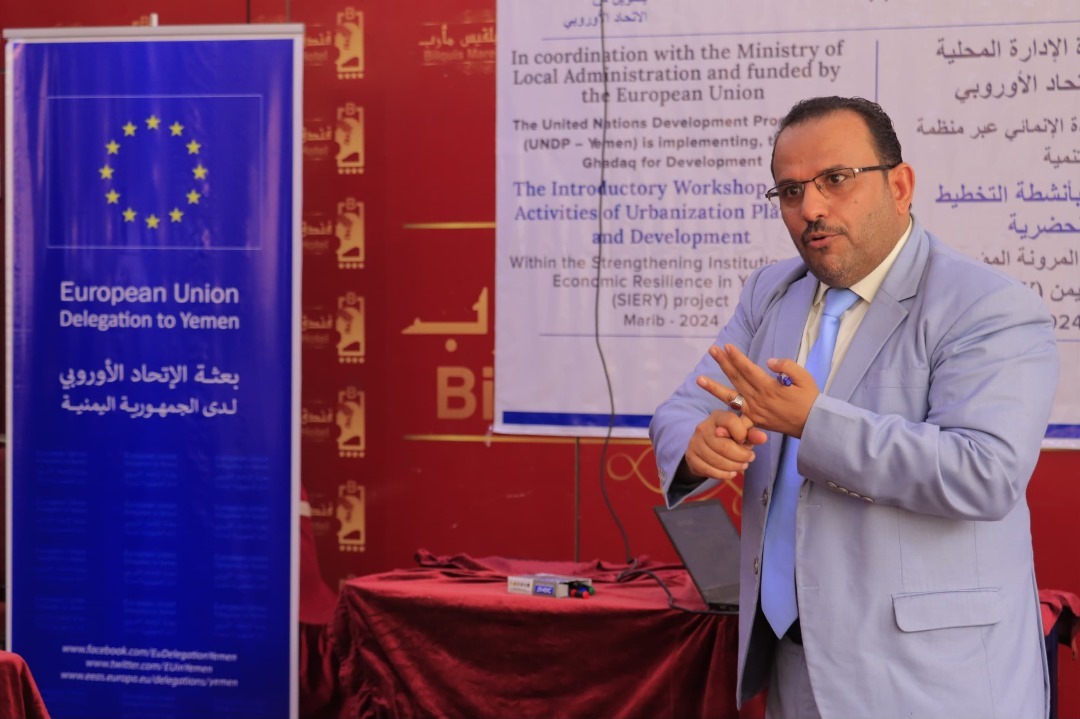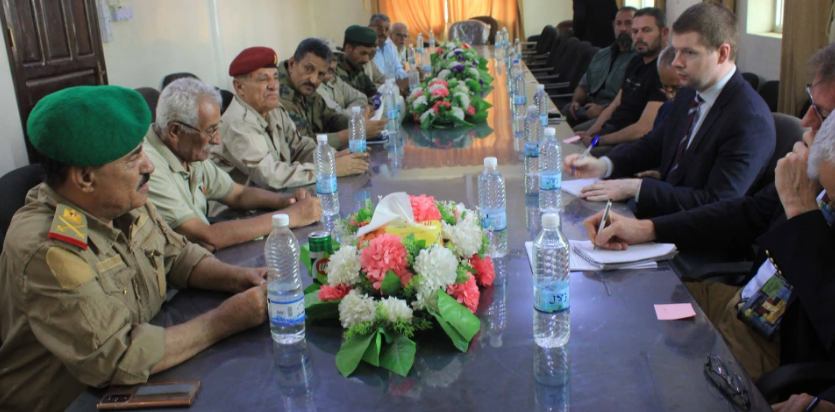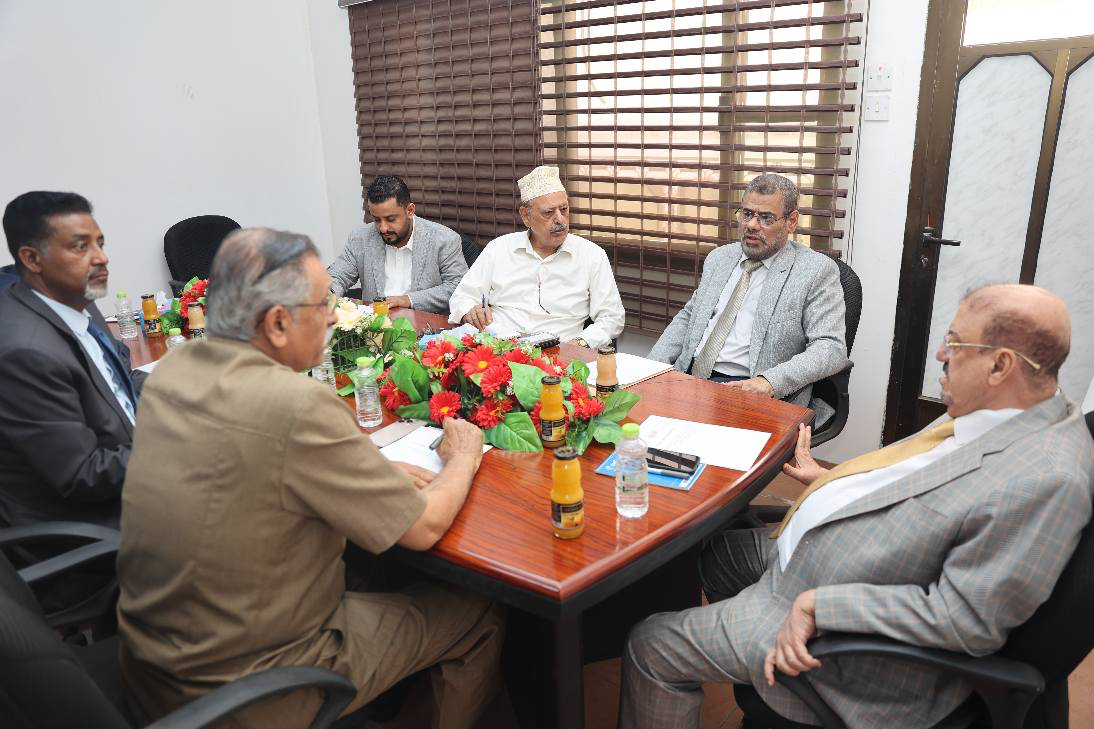
Barran Press
The Director of the Planning and International Cooperation Office in Marib Governorate, Engineer Saleh Al-Sakaaf, revealed on Monday, August 12, 2024, that local authorities are pursuing a plan to transition Marib from a rural province to an urban one.
In a statement to "Barran Press," Al-Sakaaf disclosed that a workshop was held in Marib to establish the third component of the "Strengthening Institutional and Economic Resilience in Yemen (SIERY)" project, supported by the United Nations Development Programme (UNDP). This component, he explained, focuses on "urban planning and management."
The team, according to Al-Sakaaf, comprises 16 members representing 11 government offices, two members from the private sector, and two members from civil society organizations, all under the supervision of the local administration.
Al-Sakaaf highlighted that the team will dedicate nine months to studying the current state of service offices and infrastructure, including sanitation, water, electricity, communication, roads, and other public services.
Based on these findings, the team will develop a vision for transforming the province from rural to urban, aligning with established classifications used by organizations and donors to determine the nature of support and assistance.
Earlier on Monday, a workshop was held in Marib to launch the third phase of the "Strengthening Institutional and Economic Resilience" project, implemented by the Ghadak Development Organization, with funding from the UNDP and the European Union.
During the launch, Al-Sakaaf emphasized the project's significance in equipping local authorities, community structures, and civil society organizations with enhanced capabilities, resource development, and empowerment to effectively fulfill their roles.
He pointed out that the mass displacement to the province, coupled with the destruction of institutions and services due to the war, has deprived many residents of their livelihoods, hindering local authorities and their institutions from effectively fulfilling their duties.
Hitham Ibrahim, the project coordinator for "Strengthening Institutional and Economic Resilience," explained that the project fosters community participation in local development programs and plans, ensuring their realization and localization through a collaborative approach. This approach guarantees the involvement of all stakeholders in development and urban planning processes.
Ibrahim added that the project aims to enhance the capabilities of local authorities in responding to community needs, ensuring improved public service delivery methods, and expanding access to these services for the most vulnerable groups within society.
Marib Governorate, located in northeastern Yemen, currently hosts 2,274,453 displaced individuals, representing 73.67% of the total displaced population in liberated governorates, according to the latest statistics from the Executive Unit for the Management of Displacement Camps, a government agency.





